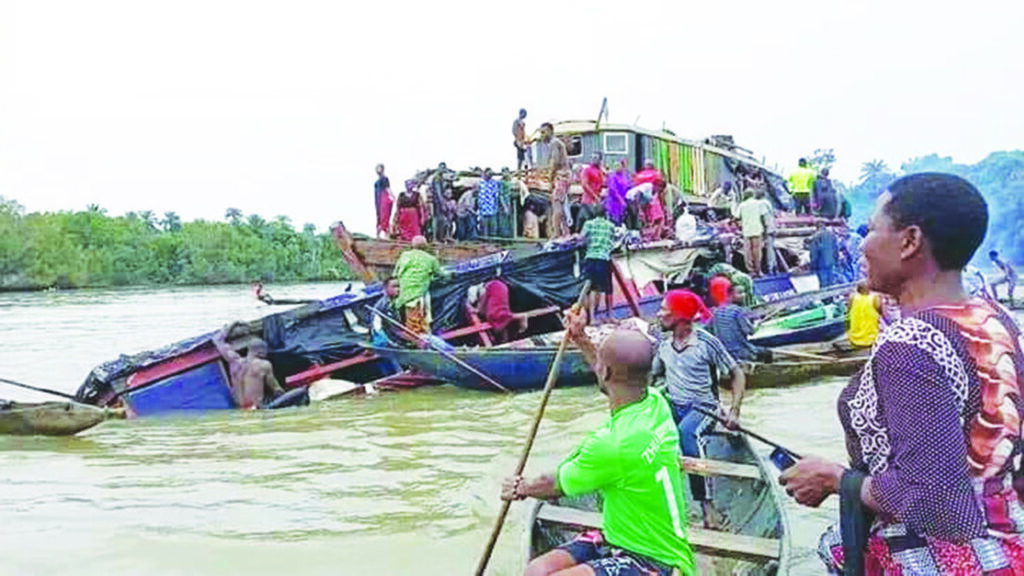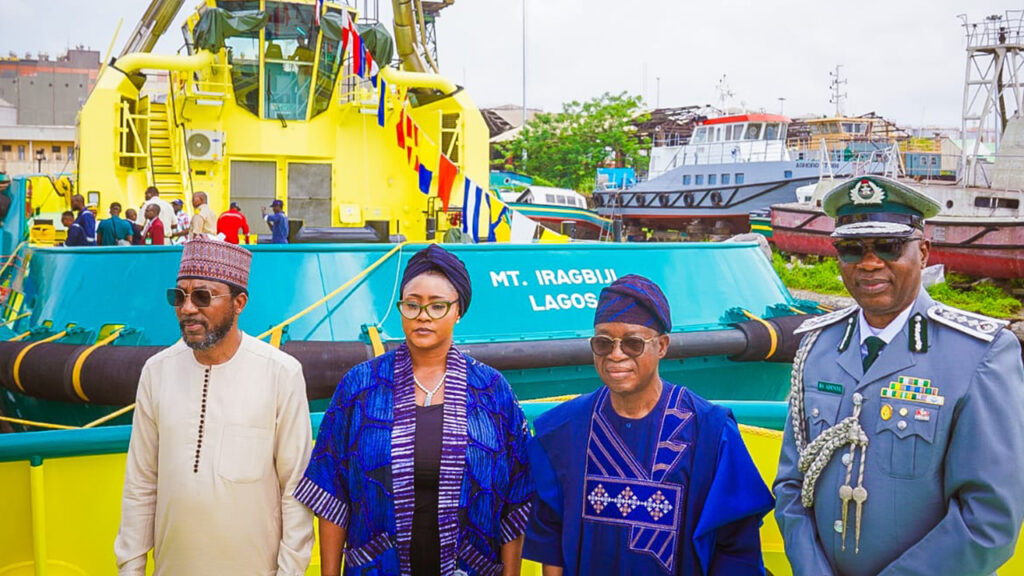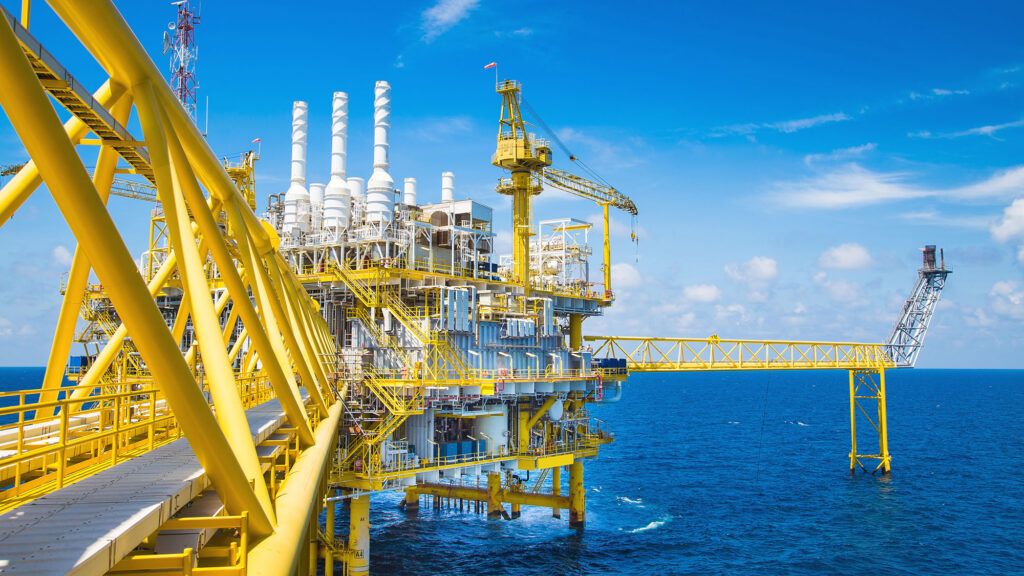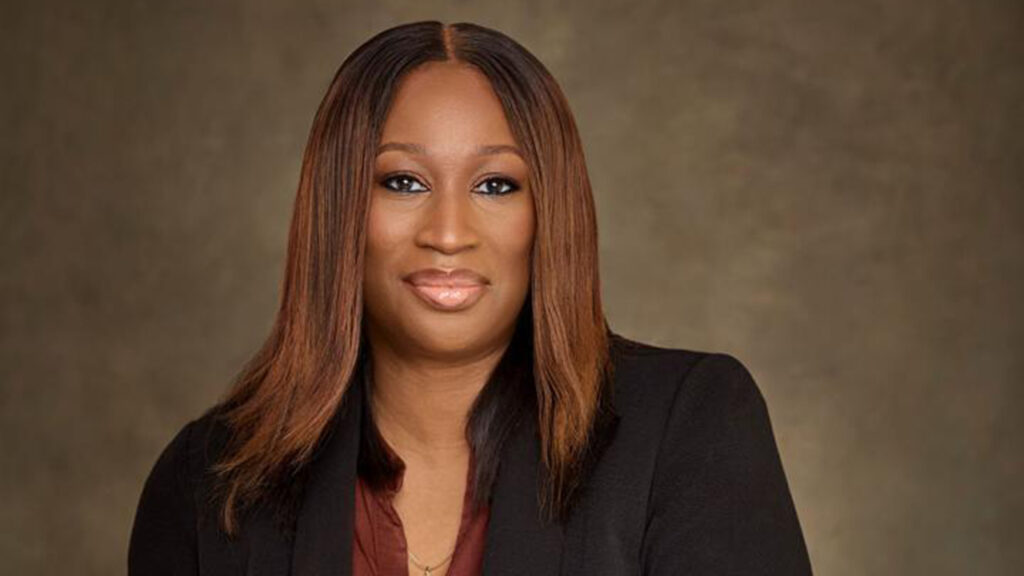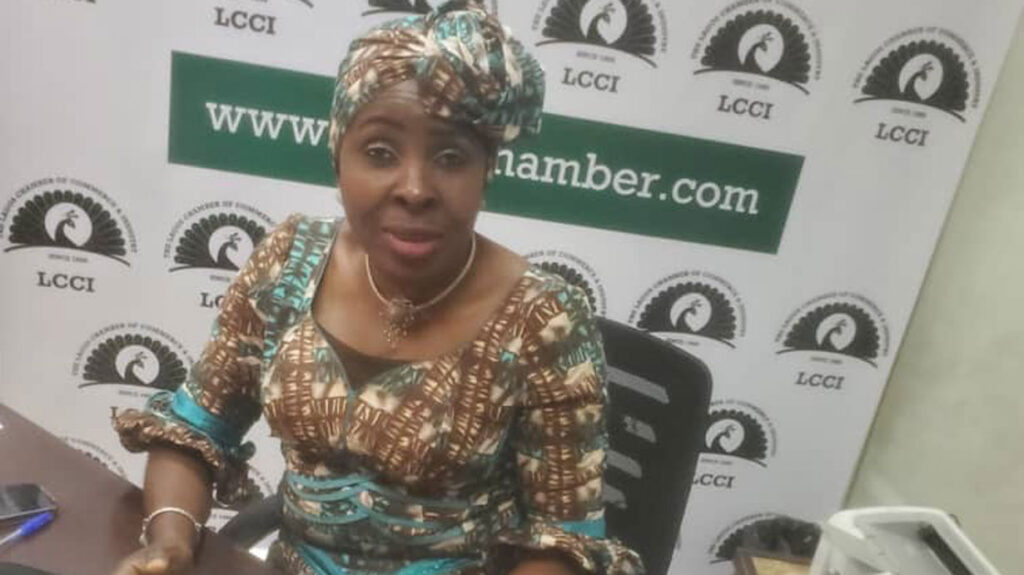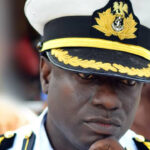
Fifteen days into the year, the country has recorded three boat mishaps with over 25 deaths.On January 15, a boat conveying 100 passengers including goods, grains and other valuables capsized in Niger State. On January 7, a wooden engine boat rammed into a snag on the water channel in Anambra State and capsized with about 50 passengers on board, leaving eight persons dead, while on January 10, no fewer than 20 people were feared dead in an accident involving two passenger boats travelling from Andoni to Bonny Island in Rivers State.
Last week the Supreme Court had awarded the exclusive responsibility to regulate the inland waterways to the National Inland Waterways Authority (NIWA after years of battle with the states as the federal agency claimed that the states were interfering in its regulatory duties. Stakeholders have argued that NIWA has not put safety measures in place and has failed to perform their expectations.
The Secretary-General of the Merchant Seafarers Association of Nigeria, Alfred Oniye, said NIWA is passing the wrong information on the causes of accidents on the waterways while referring to the statement by the spokesperson of the agency who said the cause was a result of ramming into a snag in the water channel.
Oniye stated that the presence of snags in the water channel makes it unsafe for navigation, noting that one of the responsibilities of NIWA is to make the inland waterways safe for navigation.
Oniye, however, explained that a snag alone cannot cause a boat to capsize except if it is overloaded, overspending, or overweighted on one side of the boat.
He said not charting the water channels and overloading of boats have always been the problem, with no enforcement in place to regulate the boat operators.
The General Manager, Area Offices Coordination, NIWA, Tammy Fiberesima, said high priority should be given to maritime safety, both preventive and protection measures, including a workable National Maritime Search and Rescue Scheme in place as well as boat surveys and registrations.
He also called for infrastructural development on the waterways with priority given to the improvement of channels, adequate standard terminal facilities/boatyards, availability of seaworthy and fit-for-purpose vessels, as well as a safe and secure environment.
Fiberesima also stressed the need for capacity building for boat builders, adding that there should be a push for joint ventures for boat building business between established overseas companies and local players, to site and run boatyards in Nigeria.

